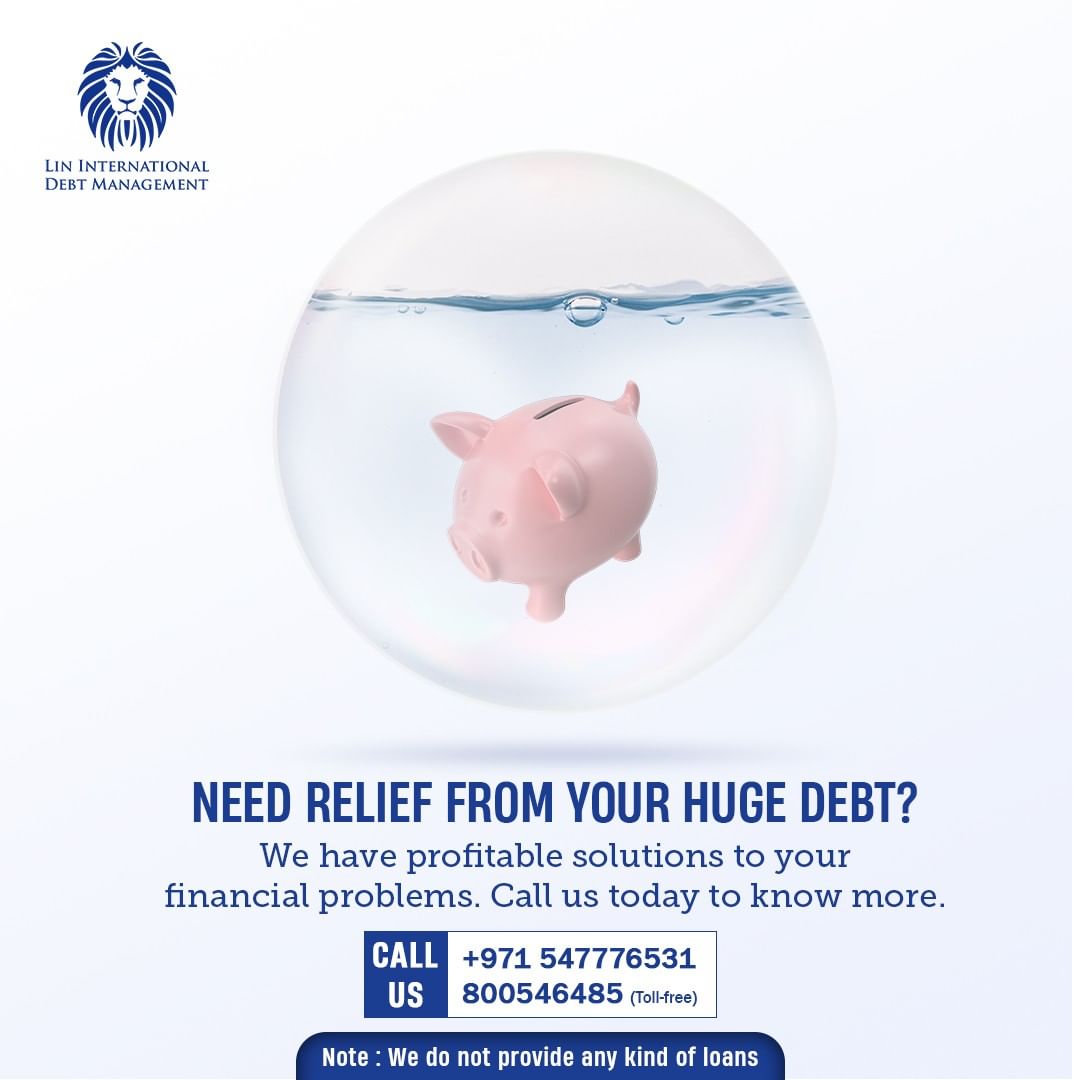The United Arab Emirates (UAE) is a vibrant and diverse landscape. But, if you want to live a secure and prosperous life here, you should learn to manage your finances effectively. And for this, you should practice debt management.
People who should practice debt management in the UAE
Expatriates Building a New Life
If you are an expatriate in the UAE, you probably arrived with dreams of career growth, financial prosperity, and a taste of the vibrant Middle Eastern culture. In the UAE, you will get plenty of opportunities to fulfill your dreams, but this doesn’t mean you will forget your financial situation. Many expatriates take out loans to finance their lifestyles, homes, or education. With debt management, your dreams will not turn into financial nightmares.
Long-Term Residents Seeking Stability
Long-term residents in the UAE, who have established their lives and careers here, may also find themselves juggling debts. In different forms, they accumulate debts and suffer the consequences. By practicing management, you can maintain financial stability as well as secure your assets, protecting your future in the dynamic environment of the UAE.
UAE Nationals Planning for the Future
Even if you are a UAE national with a strong financial foundation, management remains relevant. Debt management will help you manage investment, business, or real estate loans. By managing debt effectively, you will continue to grow your wealth along with securing the financial future of your family.
Young Professionals and Students
Young professionals and students are not exempt from the need for management. They often take loans for higher education, increasing their need for financial assistance. Debt management will set the stage for your brighter and financially secure future.
Business Owners and Entrepreneurs
If you are a business owner or entrepreneur in the UAE, managing your business debt is just as vital as your finances. With debt management in your business, you will maintain healthy cash flow, and make strategic investments while ensuring the long-term success of your business.
Why Should You Practice Debt Management in the UAE?
Debt management isn’t just for those facing financial difficulties; it’s a proactive approach to secure your financial well-being in the UAE. Reasons to consider it are:
- Financial Stability: You maintain financial stability with management. Other than this, you protect your credit score as well as reduce the risk of any financial crisis.
- Wealth Accumulation: Debt management helps you get more funds for investments and savings. With this, you increase your wealth.
- Peace of Mind: With management, you get control over your financial situation. This provides peace of mind even if there are economic uncertainties.
- Improved Financial Literacy: By practicing , you will enhance your financial literacy. It keeps you more informed and makes you capable of making the right decision.
Conclusion
Debt management is a financial practice that everyone in the UAE should consider, regardless of their background or financial situation. As a powerful tool in the finance industry, it helps you take control of your financial future and maximize opportunities for you in this dynamic country. Your life will be prosperous and secure in the UAE with debt management.












